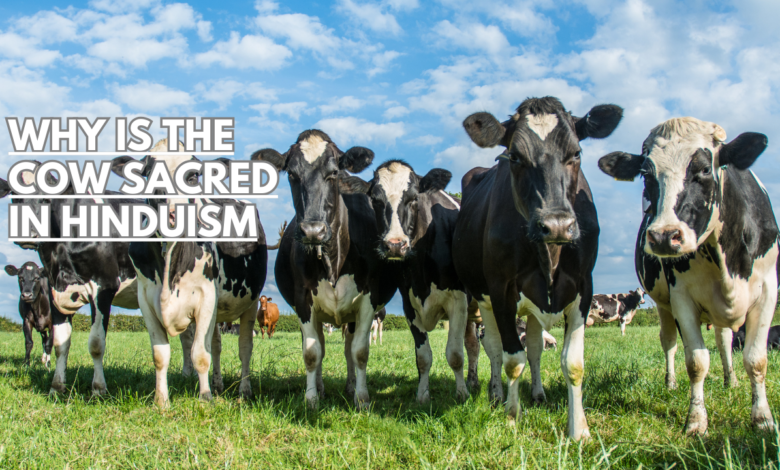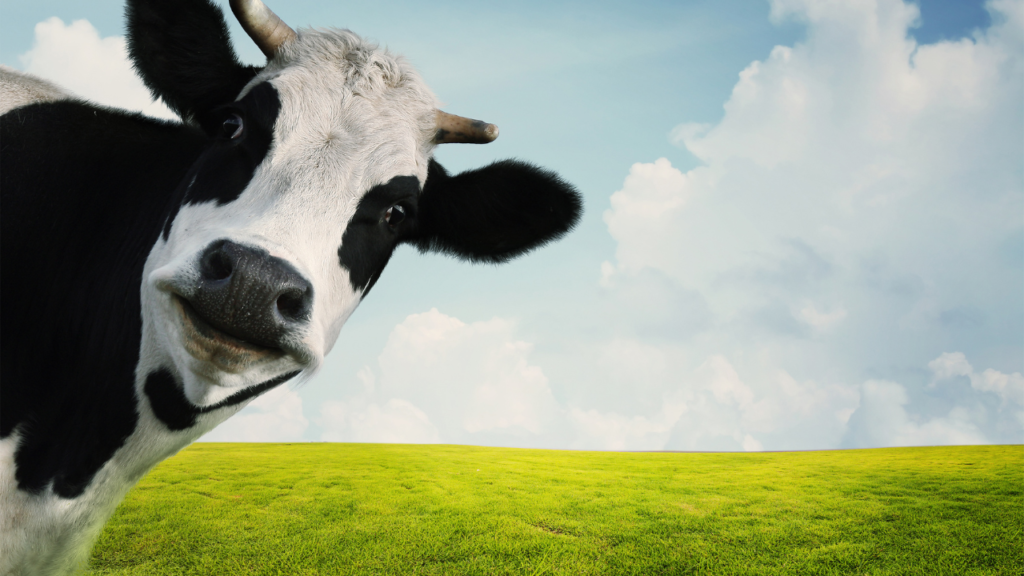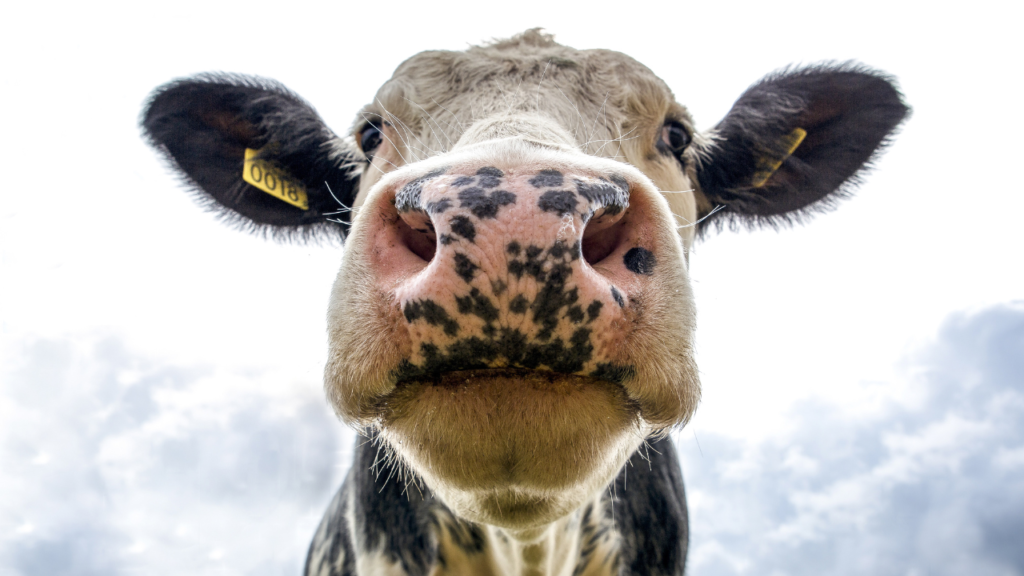Why is the Cow Sacred in Hinduism?
The Enduring Reverence of the Sacred Cow in Hinduism

Why is the Cow Sacred in Hinduism?
The cow is revered in Hinduism due to its historical, cultural, and religious significance. It is seen as a symbol of purity, motherhood, and non-violence.

Introduction
The sacredness of the cow in Hinduism is a topic that has captured the world’s fascination for centuries. This revered animal has played an essential role in the cultural, religious, and social fabric of India. The cow’s sacred status is deeply rooted in Hindu tradition, and its significance extends far beyond mere religious beliefs. This article explores why the cow is considered sacred in Hinduism, delving into the historical, cultural, and spiritual aspects that underpin this reverence.
Historical and Cultural Roots
The veneration of the cow in Hinduism can be traced back to the ancient Indian scriptures, particularly the Vedas, which date back thousands of years. The Rigveda, one of the oldest texts in the Hindu tradition, contains hymns that extol the cow’s virtues and its importance in religious rituals. Over time, this reverence for the cow evolved and became an integral part of Hindu culture.
Cows in ancient India were not just seen as a source of milk and dairy products but were also highly valued for their role in agriculture. They were used to plow fields, pull carts, and provide dung for fuel and fertilizers. The close association of cows with sustenance and livelihood contributed to their sacred status, as they were considered vital to the survival and well-being of the community.
Also check.
- What is Samsara in Hinduism?
- What is Quran?
- Who is the Current Caliph of Islam?
- What Is a Christian?
- What is Indo Islamic Culture?
Symbol of Nourishment and Motherhood
The cow is often equated with the concept of “gau mata” or “mother cow” in Hinduism. This symbolism stems from the nurturing and protective nature of cows. They provide milk, which is considered one of the most pure and nutritious foods, and they offer a sense of motherly care to humans. In Hinduism, the cow is seen as a symbol of nourishment and motherhood, and therefore, harming or killing a cow is akin to a heinous act.
In many Hindu households, it is customary to offer the first milk from a cow to the deities during religious rituals. This act symbolizes the cow’s integral role in facilitating worship and connecting the spiritual with the physical world.
Religious Significance
The cow holds immense religious significance in Hinduism. It is often associated with various deities, the most notable being Lord Krishna. According to Hindu mythology, Krishna, an avatar of Lord Vishnu, was a cowherd in his youth. His love for cows and his association with them further strengthened the cow’s sacred status in the Hindu tradition.
Additionally, the cow is linked to the concept of “ahimsa,” which means non-violence. Hinduism places a strong emphasis on non-violence and compassion towards all living beings. Protecting the cow and not causing harm to it aligns with this core principle of Hindu ethics.
The Importance of Cow Protection
The sacred status of the cow has led to the practice of cow protection in India, where efforts are made to safeguard and provide for the welfare of cows. Numerous “goshalas” (cow shelters) have been established across the country, offering refuge to aged, sick, and abandoned cows. These initiatives aim to ensure the well-being of these animals and promote their continued reverence in Hindu society.
Conclusion
The sacred cow in Hinduism is a symbol of historical significance, cultural importance, and spiritual reverence. Its role in agriculture, the provision of nourishment, and its association with Hindu deities have all contributed to its esteemed status. Furthermore, the principles of non-violence and compassion deeply rooted in Hindu ethics emphasize the importance of protecting and respecting all life forms, including the sacred cow. This reverence for the cow continues to be an integral part of Hindu culture, reflecting a harmonious blend of religious tradition and practical necessity.

FAQs
Why is the cow considered sacred in Hinduism?
The cow is revered in Hinduism due to its historical, cultural, and religious significance. It is seen as a symbol of purity, motherhood, and non-violence.
What is the historical basis for the sacred status of the cow in Hinduism?
The veneration of the cow can be traced back to ancient scriptures like the Vedas, where the cow’s role in religious rituals and agriculture was extolled.
How does the cow symbolize motherhood in Hinduism?
The cow is often referred to as “gau mata” or “mother cow” due to its nurturing and protective nature, as well as its provision of milk, which is considered pure and nutritious.
Are there any specific deities associated with cows in Hinduism?
Lord Krishna, an avatar of Lord Vishnu, is closely associated with cows, particularly as a cowherd in his youth. His love for cows reinforces their sacred status.




